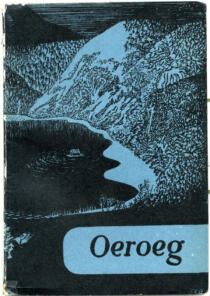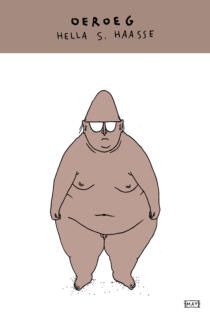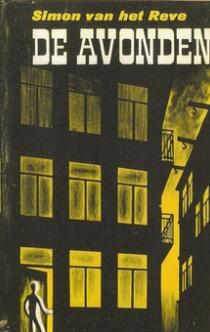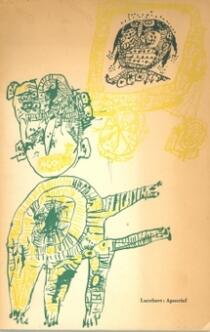The nameless first-person narrator is the son of a tea plantation administrator. As an only child, the boy is very attached to his playmate Oeroeg, a village boy who has a privileged place in the household since his father drowned in a mountain lake while rescuing the narrator. The boys explore the world together. It seems to be a wonderful childhood but the inequality between the white masters and their native subordinates corrupts the innocence of their friendship. The paradisiacal landscape is as impenetrable as the dark eyes of Oeroeg and as oppressive as the treacherous reflections in the mountain lake.
In puberty, when the friends leave the tea plantation to go to secondary school (one to a white school, the other to a coloured school), the narrator opposes the separation. But social and racial divisions make the parting of their ways inevitable.
After unsuccessful attempts to assimilate with his half-blood schoolmates, Oeroeg rediscovers his self-respect by acknowledging his roots and joining the struggle for an independent Indonesia. The narrator cannot or does not wish to understand his friend and leaves for the Netherlands to continue his studies. When, following the Second World War, he returns to Indonesia with the Dutch troops who are tasked with suppressing the uprising, he is surprised during a patrol of the mountain lake by a freedom fighter who looks like Oeroeg, and who tells him to leave the country.
The narrator is in despair: “Am I forever a stranger in the land of my birth, on the soil from which I do not wish to be transplanted?” The final sentence of the book is resigned, but also filled with a quiet hope: “Time will tell.”
The Black Lake crystallises everything that makes Dutch East Indies literature so special: descriptions of glorious nature and a fascinating culture and of the confrontation with “the other”, so similar and yet so unknown. The Black Lake evokes memories of The Hidden Force by Louis Couperus and Land of Origin by Eduard du Perron. The novella lives on in The Ten Thousand Things by Maria Dermout, and Haasse herself added a remarkable novel to the canon with The Tea Lords.
The Black Lake was an instant success. The book has been reprinted many times and has also been filmed. The criticism that it represents too kind a description of the colonial era and that the narrator turns a blind eye to harsh realities – in short that the story is not politically correct - is invalidated by the subtle descriptions of interpersonal relationships and the personal attachment to Indonesia, which was also the native country of Hella Haasse. She grew up there among the people she gave shape to in The Black Lake. The many nuances present in human relationships and the influence on their lives of a historical era are recurrent themes in her literary work.
The Black Lake is also topical and important for this time of migration and globalisation, which so often gives rise to misunderstandings and conflict. With her emotional intelligence, Hella S. Haasse wrote subtly of the antagonism between familiar and strange and transformed it into a beautiful story.






